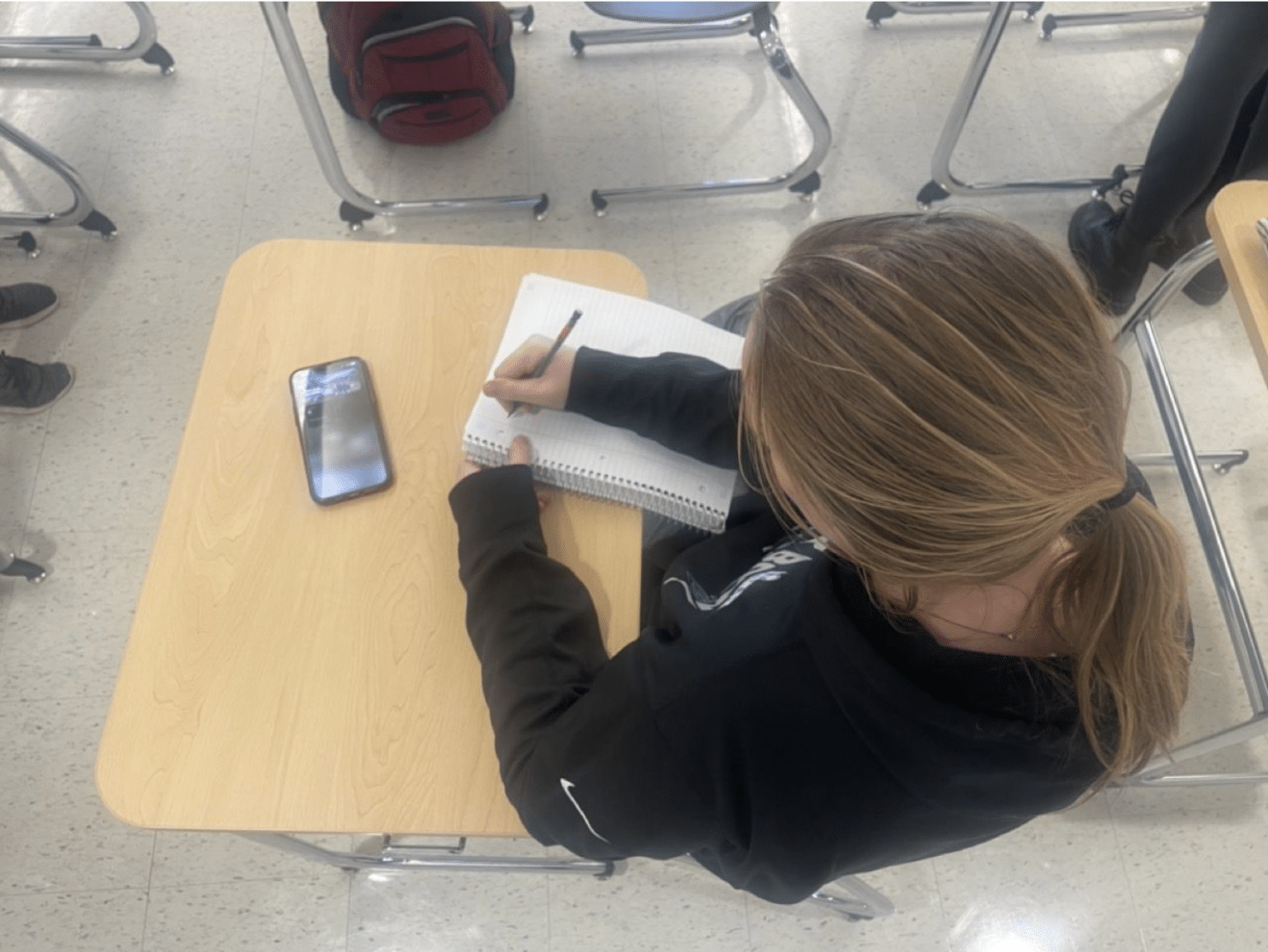Disclaimer: All proprietary content on Physicians Now is exclusively owned by Physicians Now. All RSS feed content is owned by the respective 3rd party website.

ADHD can have a major effect on students’ ability to learn in a traditional classroom setting, according to UNC Asheville professor of psychology Evelyn Chiang.
“ADHD impacts what’s called your executive functioning which is the part of your brain at the very front where we make a lot of our decisions,” said Garrett Noid, Licensed Clinical Mental Health Counselor Associate also diagnosed with ADHD. “People with ADHD tend to struggle more with executive functioning, planning, time management, some memory problems, impulse control, all of those higher-level reasoning.”
Those with ADHD generally start showing signs from a really young age, according to Noid.
“By the end of Kindergarten I couldn’t write my own name, I didn’t recognize the letters in my own name because I just wasn’t paying attention in class,” Noid said. “Kids might get bored at school, but to people with ADHD when they’re young it’s just really hard to sit and do things.”
A lot of these symptoms include trouble focusing, which can lead to other disciplinary issues in school.
“As soon as I got to school, I couldn’t concentrate on anything. I moved a lot. I would get in trouble in classes because I couldn’t sit still, which then caused other issues. I couldn’t focus on anything that was happening in classes. I had to sit away from the window because I would just stare out of it the whole time,” said Lydia Guth, a junior psychology student at UNCA. “I was hyper focused on certain things, like if I was doing a puzzle, I could not leave the puzzle until it was done. Then, when it came to schoolwork, I couldn’t focus at all. If it was something I wanted to do, I’d be so hyper focused on it, but then if it was something I hated doing, I could not focus on it at all.”
Those with ADHD have an entirely different learning experience than those who are neurotypical. Some people with ADHD deal with hyperfocusing and others have above-average intelligence, according to Noid.
“Not everyone with ADHD is above average intelligence but those who are will often find that school is easy up to a certain point, it’s different for everyone. As a result, they will often be able to put in a minimal amount of effort and still do well, and the problem with that is then they don’t learn to develop study skills and focus on things that are not interesting,” Noid said.
ADHD can affect organization, task initiation and emotional regulation, according to Chiang. Those with ADHD have to put in extra work.
“I just have to give myself double time to do anything, especially if it’s something that I don’t want to do, like school,” Guth said. “If I miss something because I’m staring off into space I’ll go and look back at the notes if they post them. You also get accommodations with the school so I can get extra time on tests.”
There can be a large difference between men and women with ADHD. Women and young girls tend to mask a lot better, meaning they are able to present as what they perceive to be normal and hide their natural behaviors, according to Noid.
“Masking for ADHD can look like ‘I really want to fidget right now but I know that fidgeting isn’t necessarily socially acceptable,’” Noid said. “Girls tend to mask a lot better, for reasons of societal expectations, conditioning and certain gender differences. This means they will often go much longer without a diagnosis. They can make it to college or adulthood and not be diagnosed because they’re not hyperactive.”
Schools should do what they can to ensure students with ADHD and students with learning disabilities feel comfortable in their learning environment, according to Noid.
“In an ideal world, I’d love everyone to have an understanding of what ADHD is, but obviously that’s not quite going to be the case. So, I think on the school’s end, what I would like to see is a strong support system around helping students,” Noid said.
UNCA officials say the school offers accommodations to those who struggle with disabilities in the classroom, but there are things professors can also do to help.
“Instructors can use universal design to support students with ADHD in the classroom. There are many ways to support students during lecture, including providing guided notes, avoiding the use of distracting GIFs on a PowerPoint and otherwise being sensitive to attentional limitations,” Chiang said.
Although it is difficult for those with ADHD and those with learning disabilities to learn well in a typical classroom setting, it is not impossible. There are some things that both professors and students can do to improve their experience.
“It might take extra effort with prep work before and consolidation work after the class meeting. It might also take figuring out how to rest and rejuvenate during class, like taking a planned personal break where you let your mind wander for thirty seconds and you have an arrangement with a classmate to look over their notes in case you miss something,” said Keith Cox, associate professor of psychology at UNCA. “There’s also working with the professor to convey interest and engagement and see if you and the professor can come up with strategies that are helpful.”
Do you think you may suffer from ADHD and live in Florida, California or New York?If so, please consider scheduling a proper virtual online ADHD and Anxiety diagnosis with one of our physicians. Although we have an online ADHD and Anxiety diagnosis tool, a proper diagnosis from a Board-Certified Medical Doctor will help you know for sure. If appropriate, a customized treatment program will be recommended at the conclusion of that initial visit. |